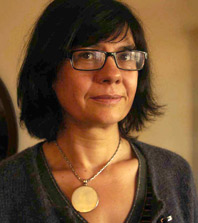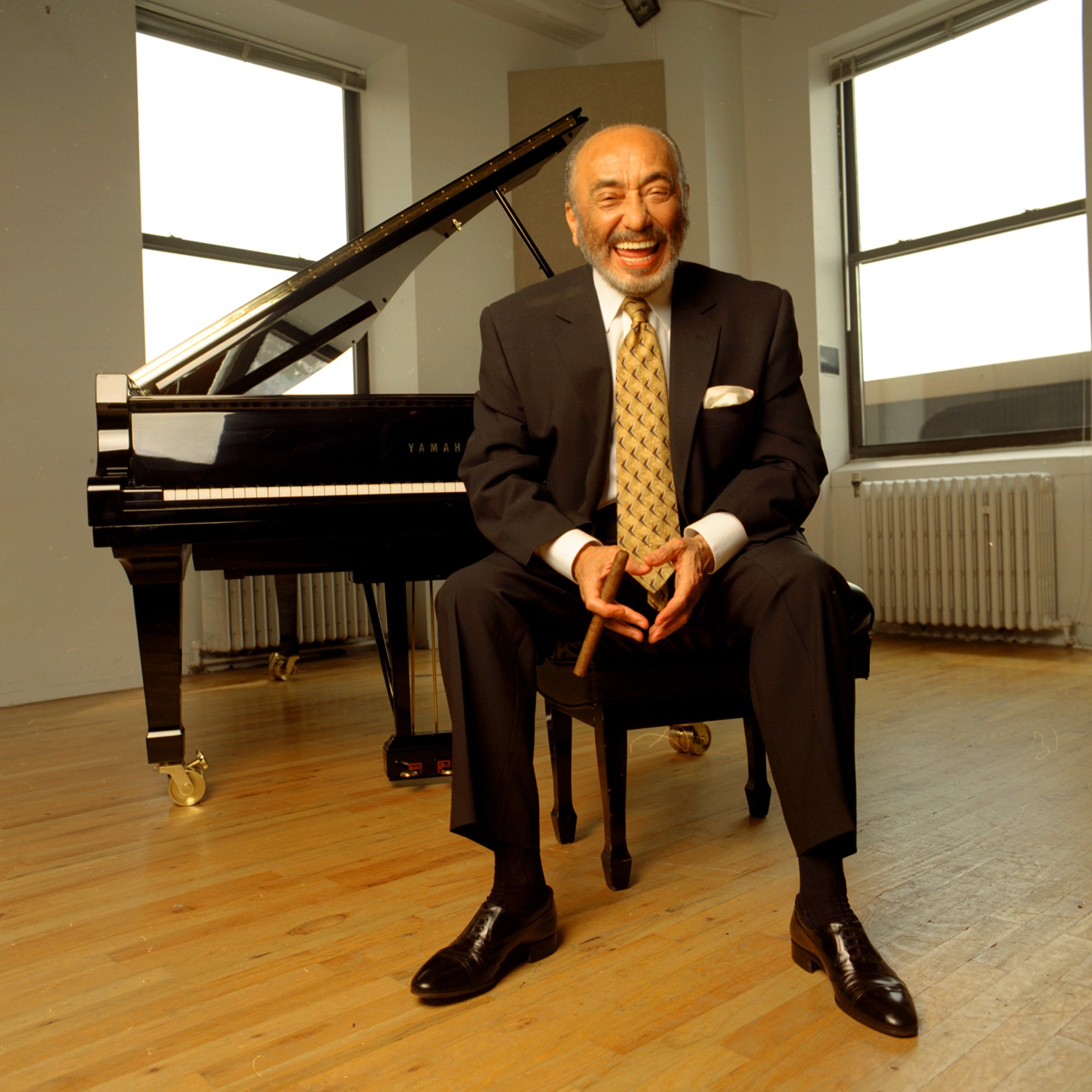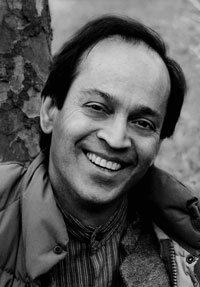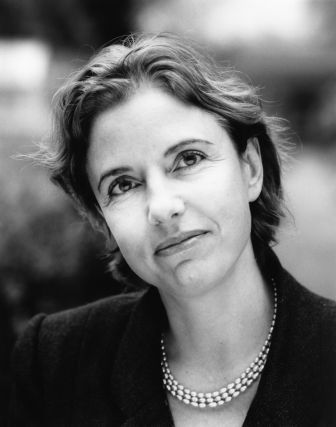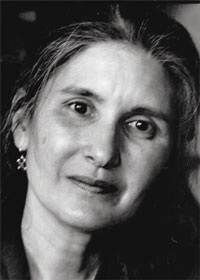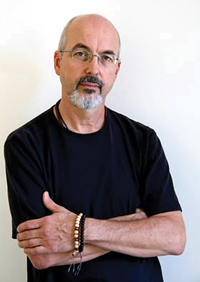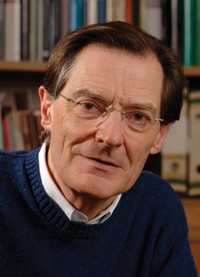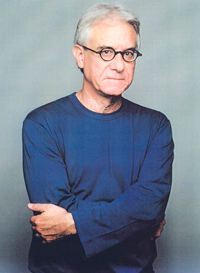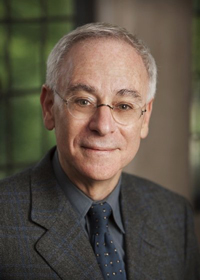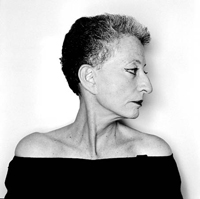The work of French Philosopher Catherine Malabou has created the foundation for a wide range of current research focusing on the intersections between science and the humanities. Her public lecture will offer a contemporary reading of Plato’s myth of Er.
Eddie Palmieri, Pianist & Bandleader
Una's Lecturer and National Endowment for the Arts Jazz Master Eddie Palmieri is known as one of the finest Latin jazz pianists of the past 50 years and is equally renowned as a bandleader of both salsa and Latin jazz orchestras.
Vikram Seth is a poet, novelist, travel writer, librettist, children’s writer, and memoirist. His acclaimed first novel, The Golden Gate, is written entirely in Onegin stanzas after the style of Alexander Pushkin’s Eugene Onegin. His 1474-page novel A Suitable Boy, an epic of Indian life set in the 1950s, won both the WH Smith Literary Award and the Commonwealth Writers' Prize.
Lisbet Rausing, Senior Research Fellow, Imperial College
Dr. Lisbet Rausing is a Senior Research Fellow at Imperial College’s Centre for the History of Science, Technology and Medicine. She is also the founder of the Arcadia Fund, which since 2001 has made grant commitments of over $181 million to preserve endangered treasures of culture and nature. Dr. Rausing is the author of Linnaeus: Nature and Nation as well as numerous scholarly articles, including “Toward a New Alexandria,” (The New Republic, March 2010), which addresses the future of libraries and public access to scholarly resources.
Lorraine Daston, Director, Max Planck Institute for the History of Science
Lorraine Daston is Executive Director of the Max Planck Institute for the History of Science in Berlin and Professor at the Committee on Social Thought at the University of Chicago. She has published on a wide range of topics in the history of science, including probability and statistics, evidence, wonder and curiosity, the moral authority of nature, anthropomorphism, and scientific images.
For over 35 years Bill Viola has been instrumental in the establishment of video as a form of contemporary art. Rooted in modern life yet often evoking age-old religious philosophies and visual iconography, Viola’s work addresses universal human experiences such as birth, death, and the unfolding of consciousness.
Historian and political theorist Quentin Skinner is Barber Beaumon Chair in the Humanities at Queen Mary College, University of London, and Regius Professor of Modern History at the University of Cambridge.
Music journalist and cultural critic Greil Marcus is noted for his scholarly and literary work connecting rock & roll to political and social history.
Robert Post, Law, Yale University
Robert Post is David Boies Professor of Law at Yale University. His subject areas are constitutional law, the First Amendment, legal history, and affirmative action, and his books include Constitutional Domains: Democracy, Community, Management and Prejudicial Appearances: The Logic of American Antidiscrimination Law.
Theorist, novelist, playwright, and educational innovator Hélène Cixous is one of the best-known of the late-20th-century “French feminists.” Her work, often considered deconstructive, is known for its experimental writing that crosses the traditional limits of academic discourse into poetic language.
